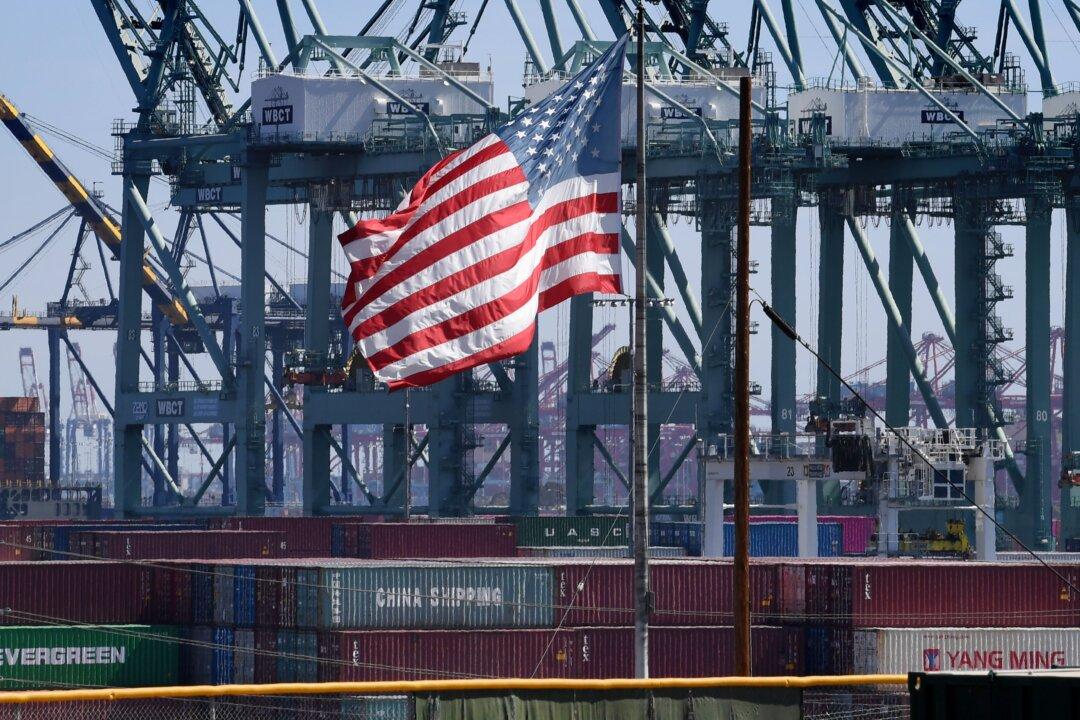After a two-week rally, oil prices fell more than 2 percent Jan. 14 as gloomy trade data from China deflated investor expectations for future demand.
Brent Crude, the world’s leading oil price benchmark, dropped from $60.5 a barrel to just over $59 per unit on Jan. 14, after China’s regime reported the worst export and import declines in two years in December. Exports fell 4.4 percent compared to last year, while imports plunged by 7.6 percent.





